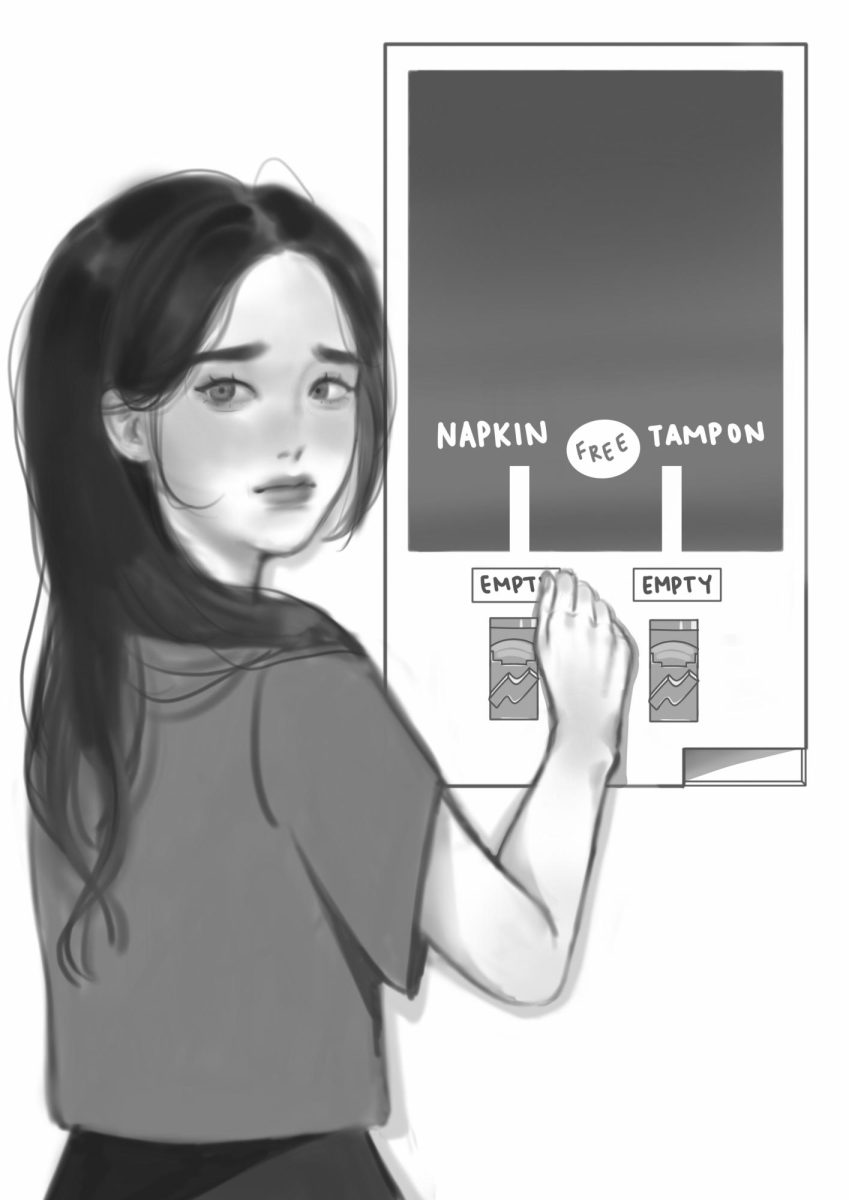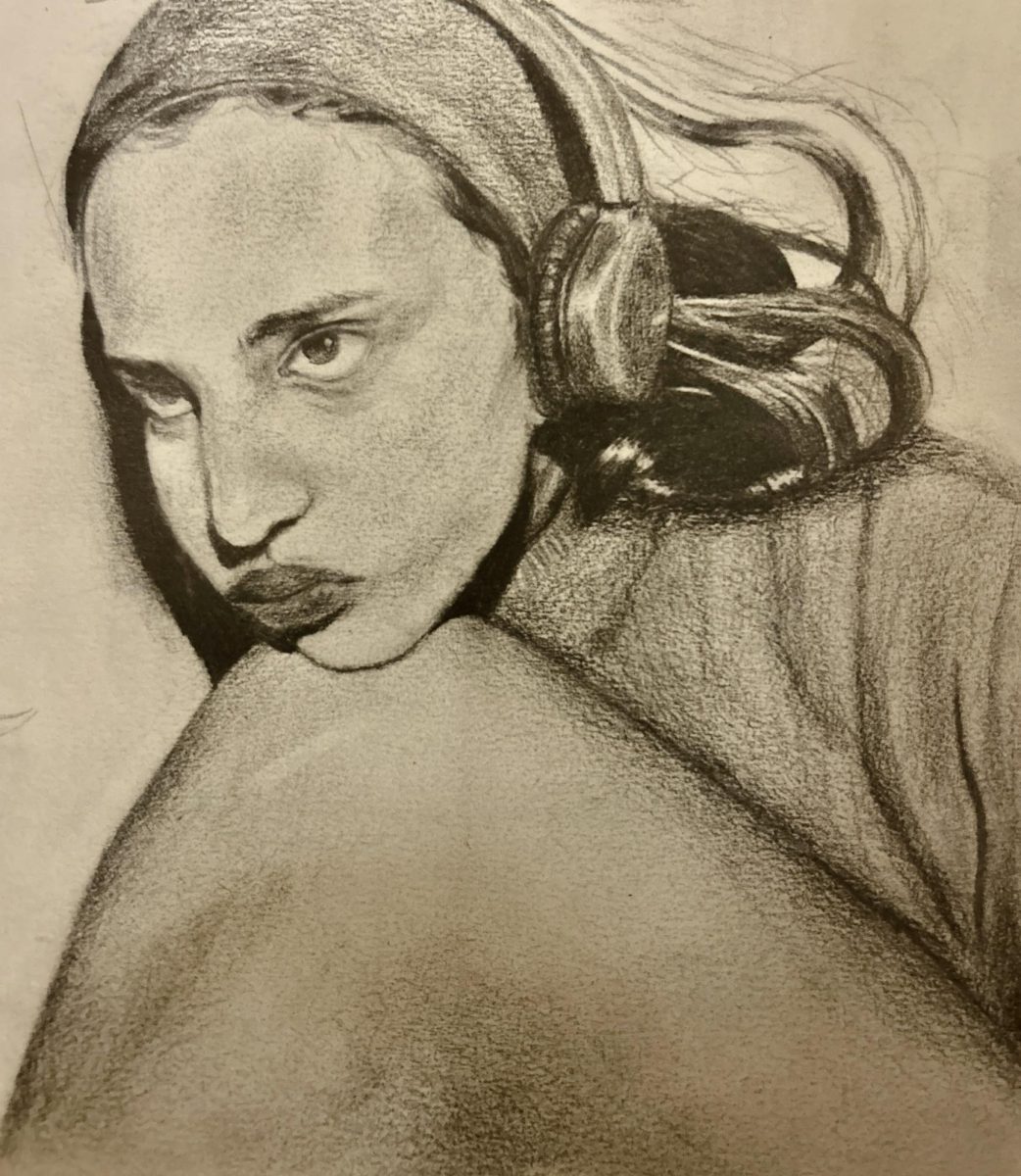Random question: How many times have we seen teenagers, pre-teens, or even toddlers doing their skincare routines on TikTok? Probably too many to count—and for those who haven’t, let me explain. Recently, Gen Z and Gen Alpha have created a trend of using skincare products from “preppy” brands, such as Drunk Elephant or Glow Recipe, to prevent aging. Obviously, this is absolutely necessary, as these kids are at the ripe ages of 7–13.
From a less sarcastic perspective (in case you couldn’t tell), it isn’t completely unfavorable to teach younger generations to take care of their bodies. However, there are other ways our bodies slowly start to break down, and as they go unnoticed, society simultaneously encourages activities that are harmful and cause us to self-destruct faster. One of today’s most common yet dangerous activities is the use of headphones. According to a recent report, 60% of adult correspondents say they use headphones; but what’s more concerning is the amount of children, which amounts to approximately two out of three, with one out of six using headphones for more than two hours a day. If you’re confused as to how this is a problem, trust me—I was too—but once you understand the science behind the tech, you won’t be able to look at them the same.
Headphones work by sending sound waves directly into the hair cells in your ears, which then are converted into electrical signals sent to the brain. Because of this, using headphones for long durations of time over the course of many years can cause permanent damage to those hair cells. Without them, you’re extremely likely to develop some form of a hearing impairment, such as tinnitus or hearing loss, which one billion people are at risk of getting.
As a member of Gen Z, I know that there are probably other Gen Z and Gen Alpha kids reading, wondering: “But how does using headphones RUIN my life? I use headphones all the time and I feel fine.” And you might be right! 77% of parents believe that letting their children use headphones is okay as long as the volume isn’t too loud, which is reasonable. Especially in a world filled with innovative and useful technology, chances are you’re probably not going to completely stop using headphones. The only issue is, you aren’t that old, so while you may feel no short-term effects of using headphones, the long-term ones are building up slowly as a result of your body still developing. These prolonged and unwarranted side effects can negatively change the course of your life; as Helen Keller once said, “The problems of deafness are deeper and more complex … for it means the loss of the most vital stimulus—the sound of the voice that brings language, sets thoughts astir and keeps us in the intellectual company of man.” Without optimal hearing, you are prone to isolation, and unfortunately, that could strip you of communication and connection with your community.
Even from a non-biological standpoint, headphones are still dangerous to your consciousness, as using them almost completely blocks out any other sounds in the world around you. One major way headphones ruin lives is by ending them—literally. Within a seven-year timespan, 74% of victims of car crashes were wearing headphones during the time of the incident, even when, in many cases, they were warned of the imposing danger. While we love our headphones for the feeling of escapism they bring, the sad reality is that the distraction removes one of our senses, and thus a way to interact with the real world. Even more important for us city people, our environments are bustling and full of moving parts. Ultimately, it’s not worth compromising our safety and health in order to listen to our favorite song.
But music and sound is an important part of our culture and who we are as individuals, so let’s not sacrifice it entirely! There are still plenty of ways to enjoy listening to songs, podcasts, and other auditory media while limiting how much we use our headphones. For instance, if you’re home alone, don’t put your AirPods in—what’s the point? And if you really want to blast your music out loud, I’d personally suggest using a small speaker or your laptop. This way, the sound signals aren’t directly being drilled into your ear, and you can still hear the noises coming from outside sources.
To put it plainly, though, the easiest (and rather ironic) way to avoid utter silence is to turn down the volume. This way, you can hear all of us—and, more importantly, we can all hear you.

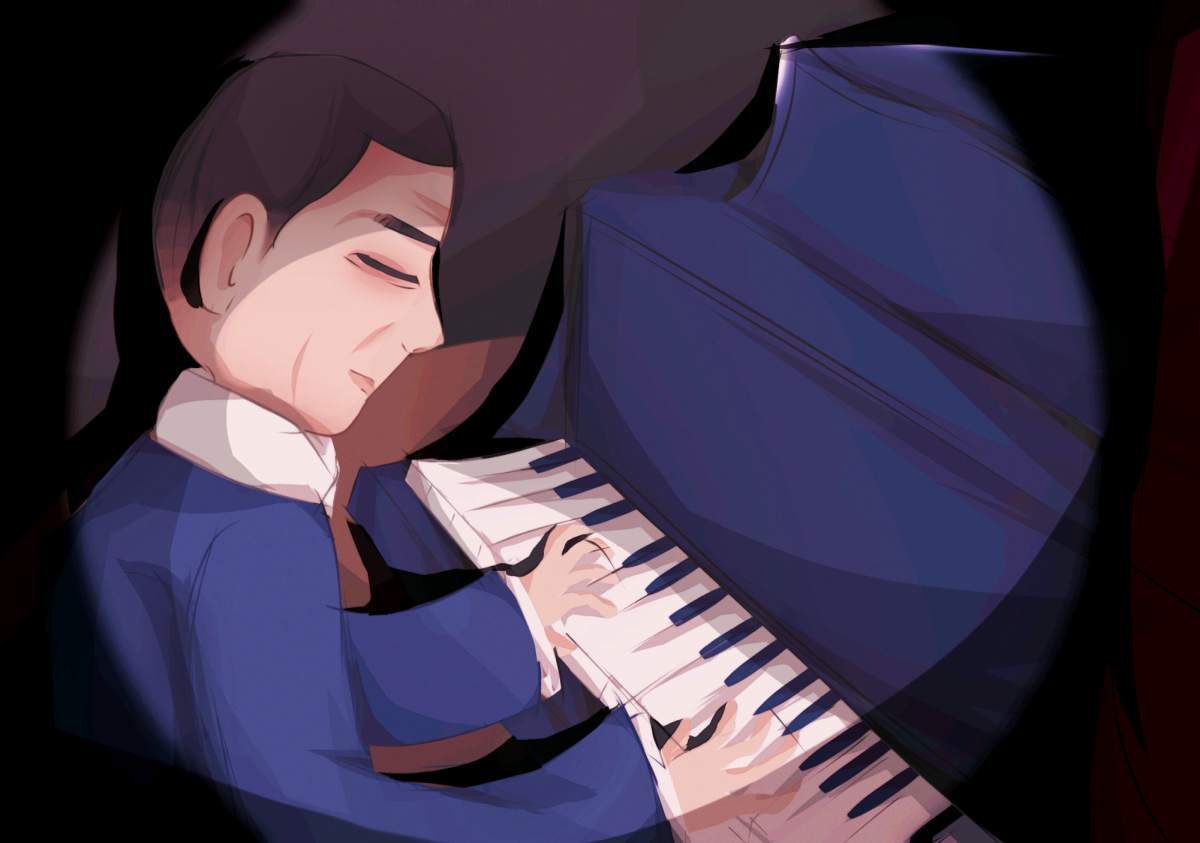

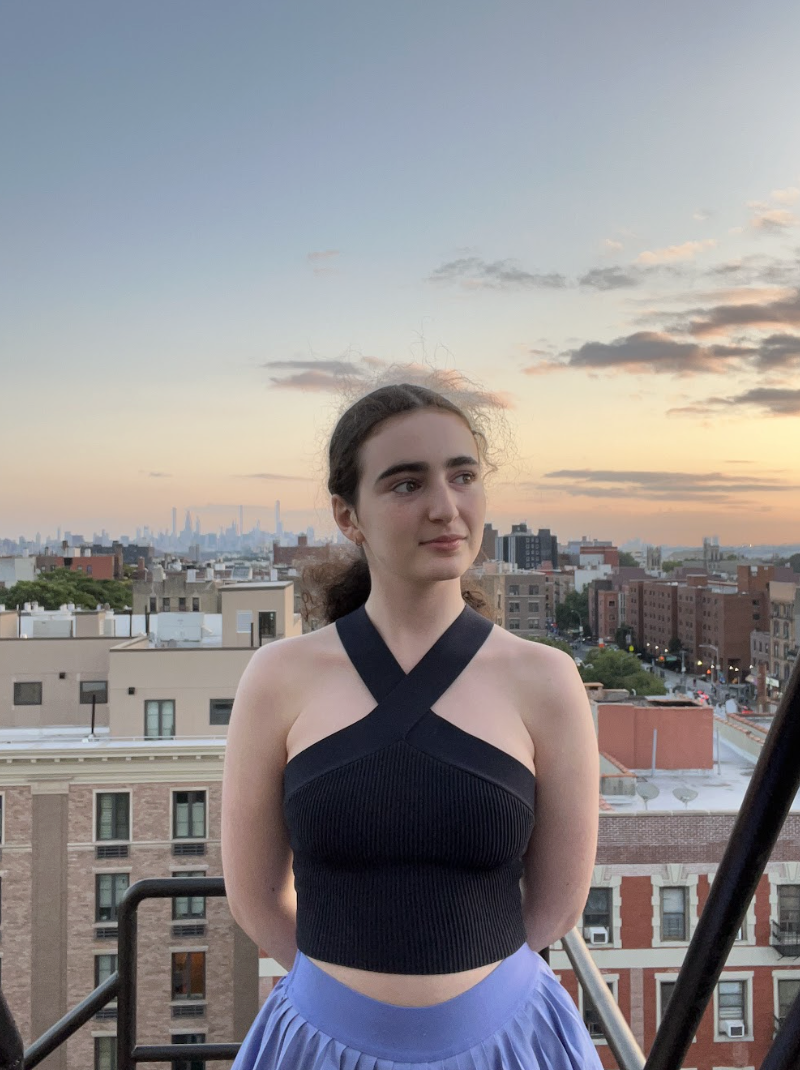




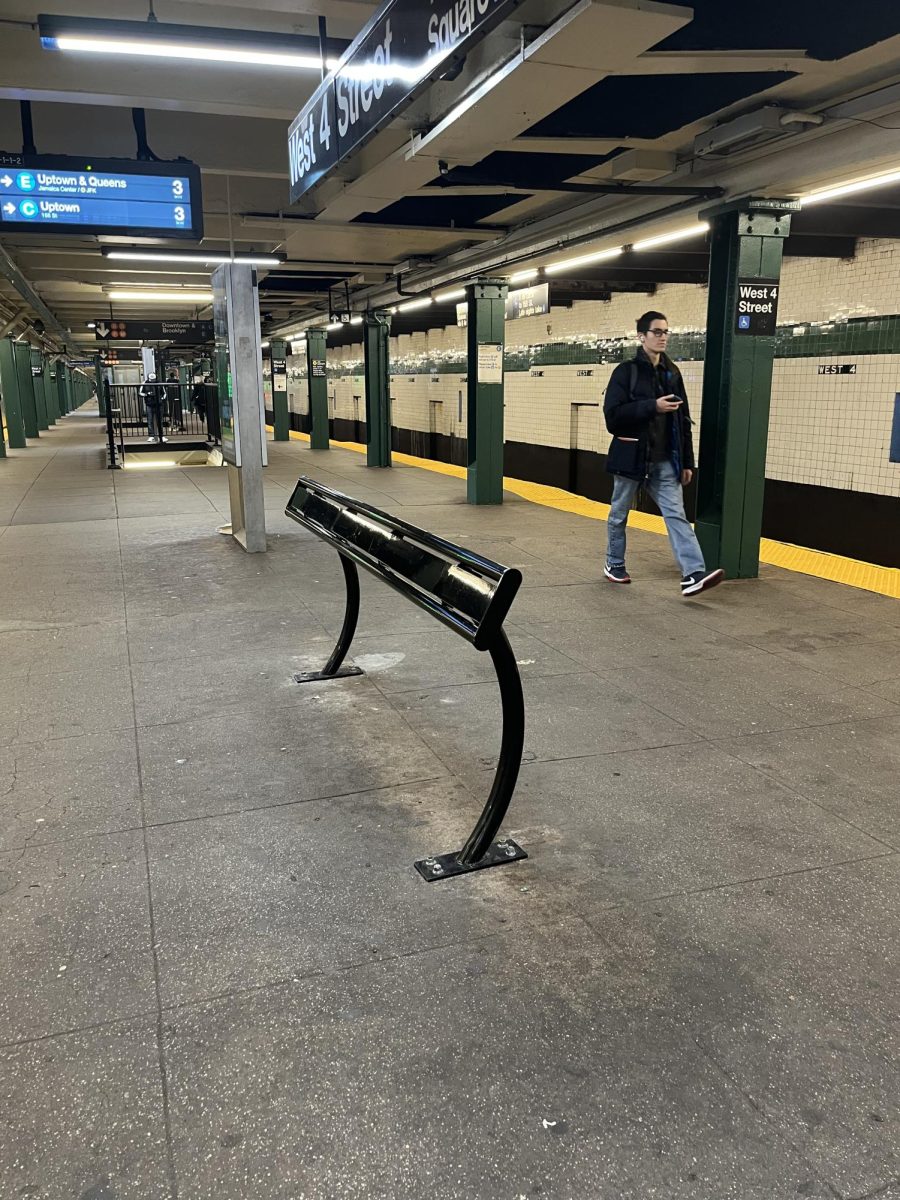

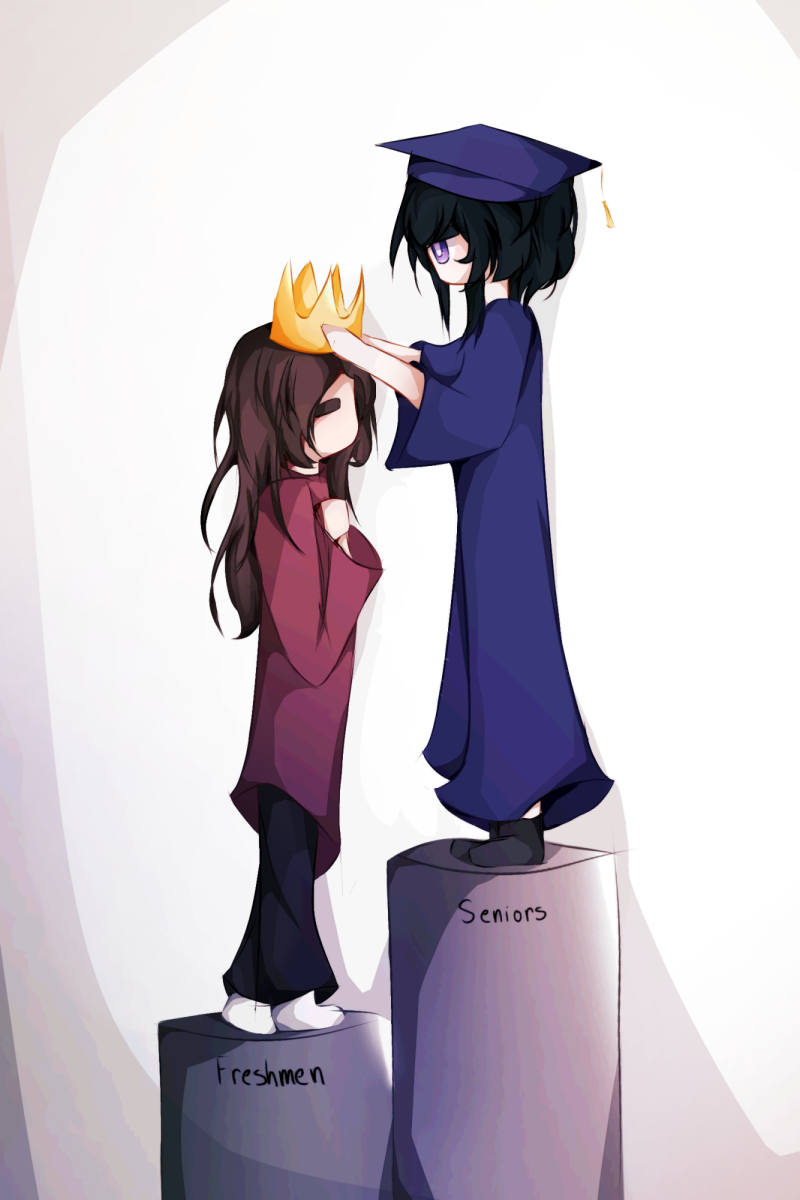

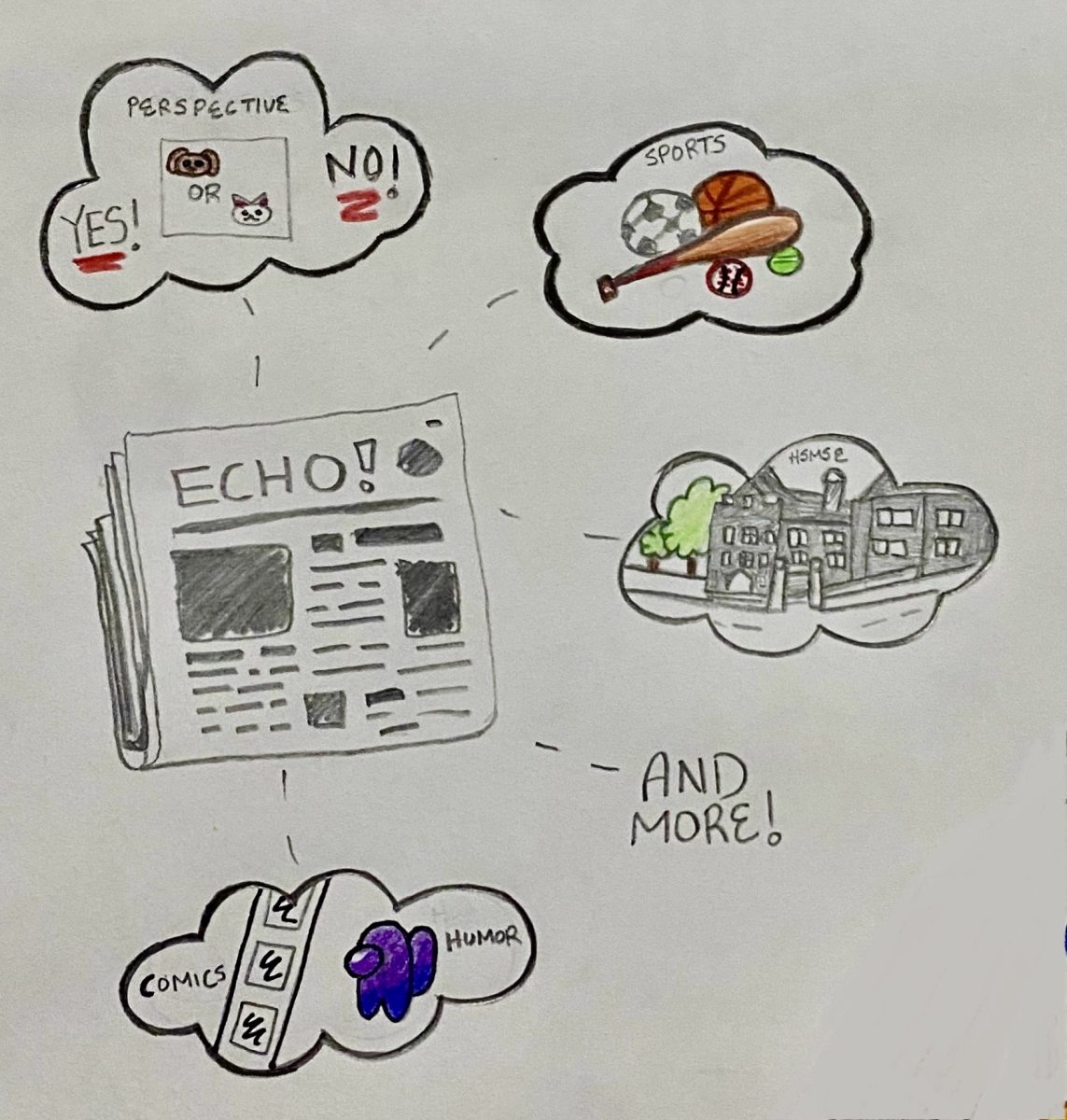

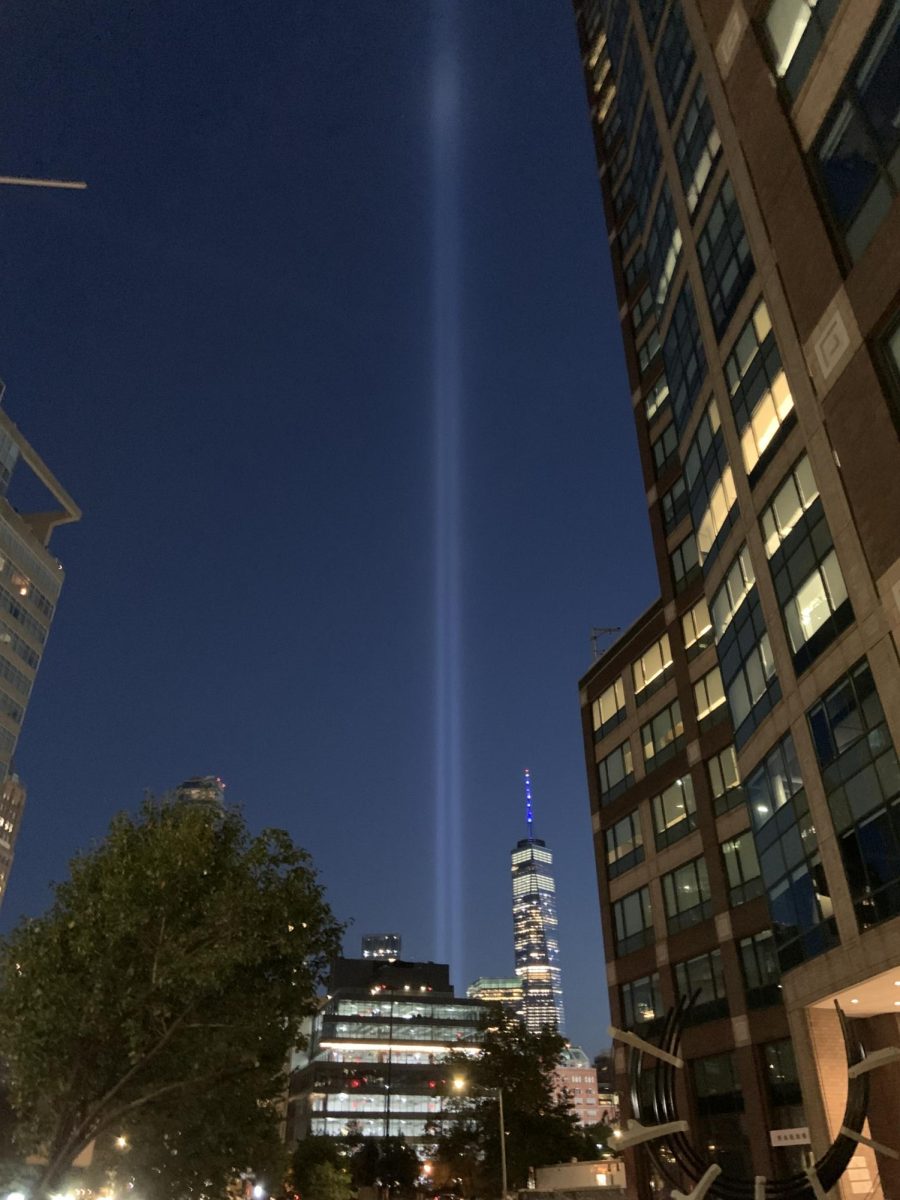
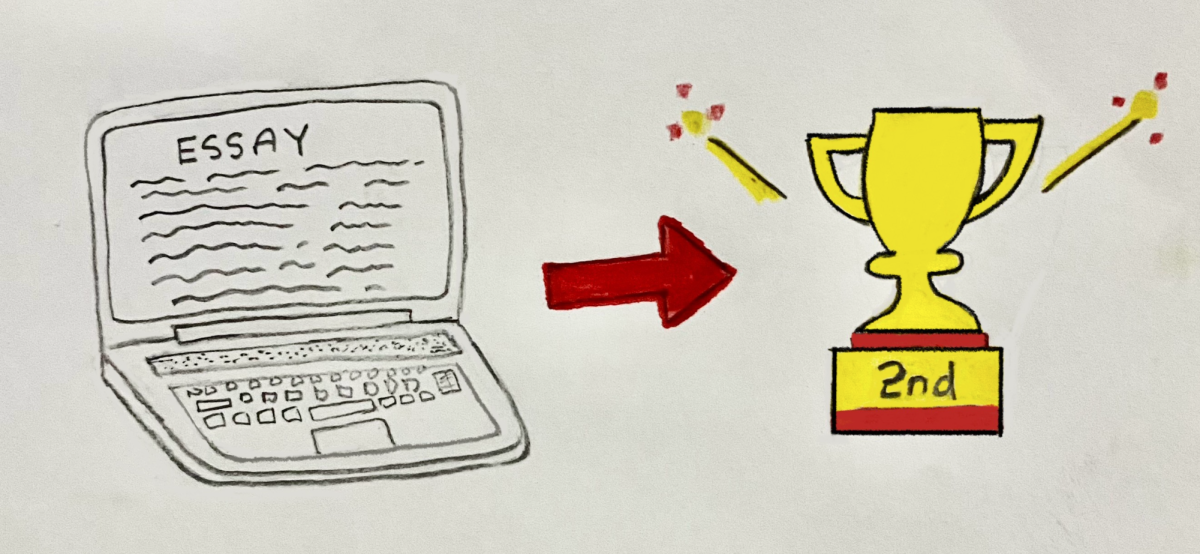



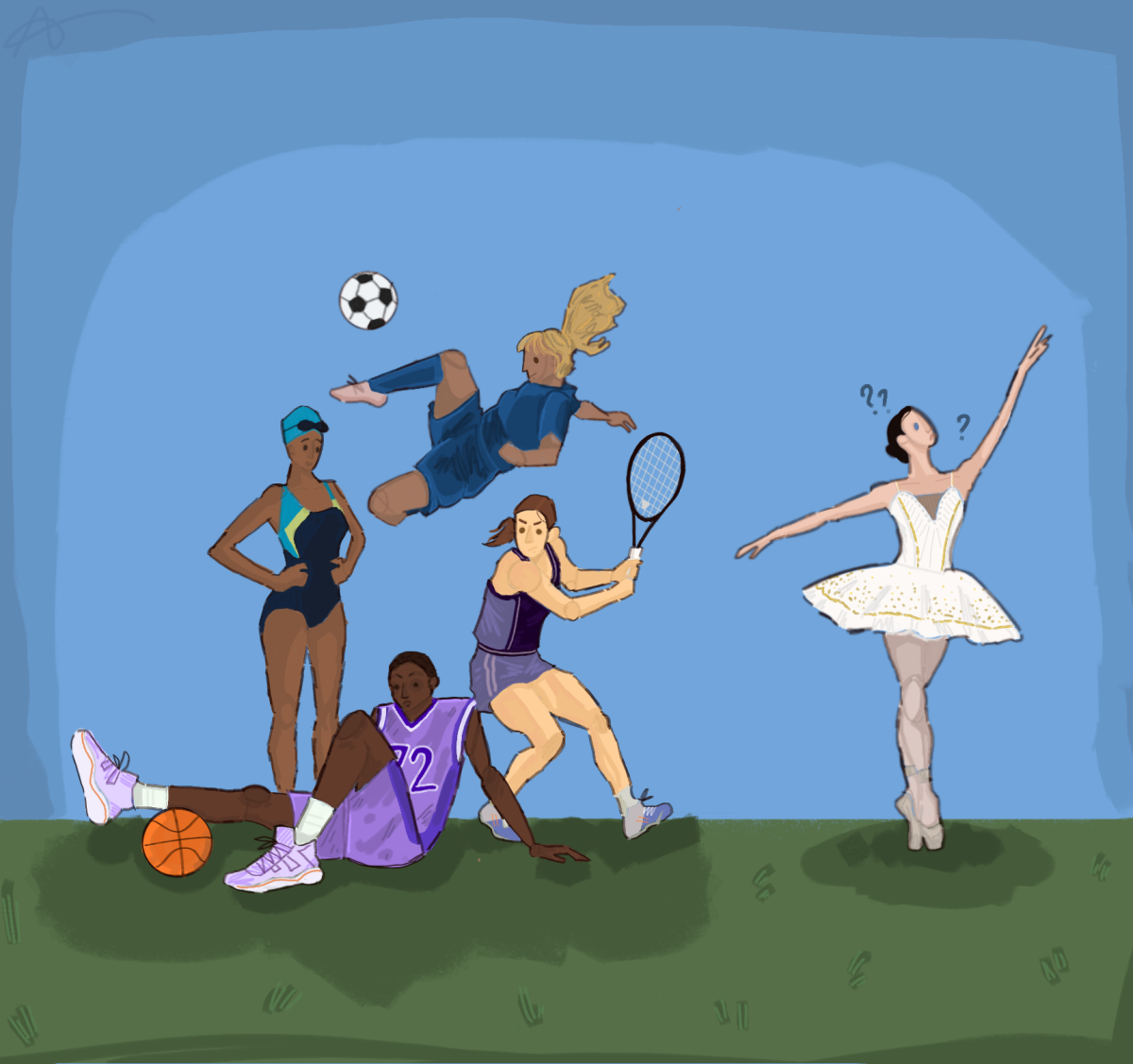

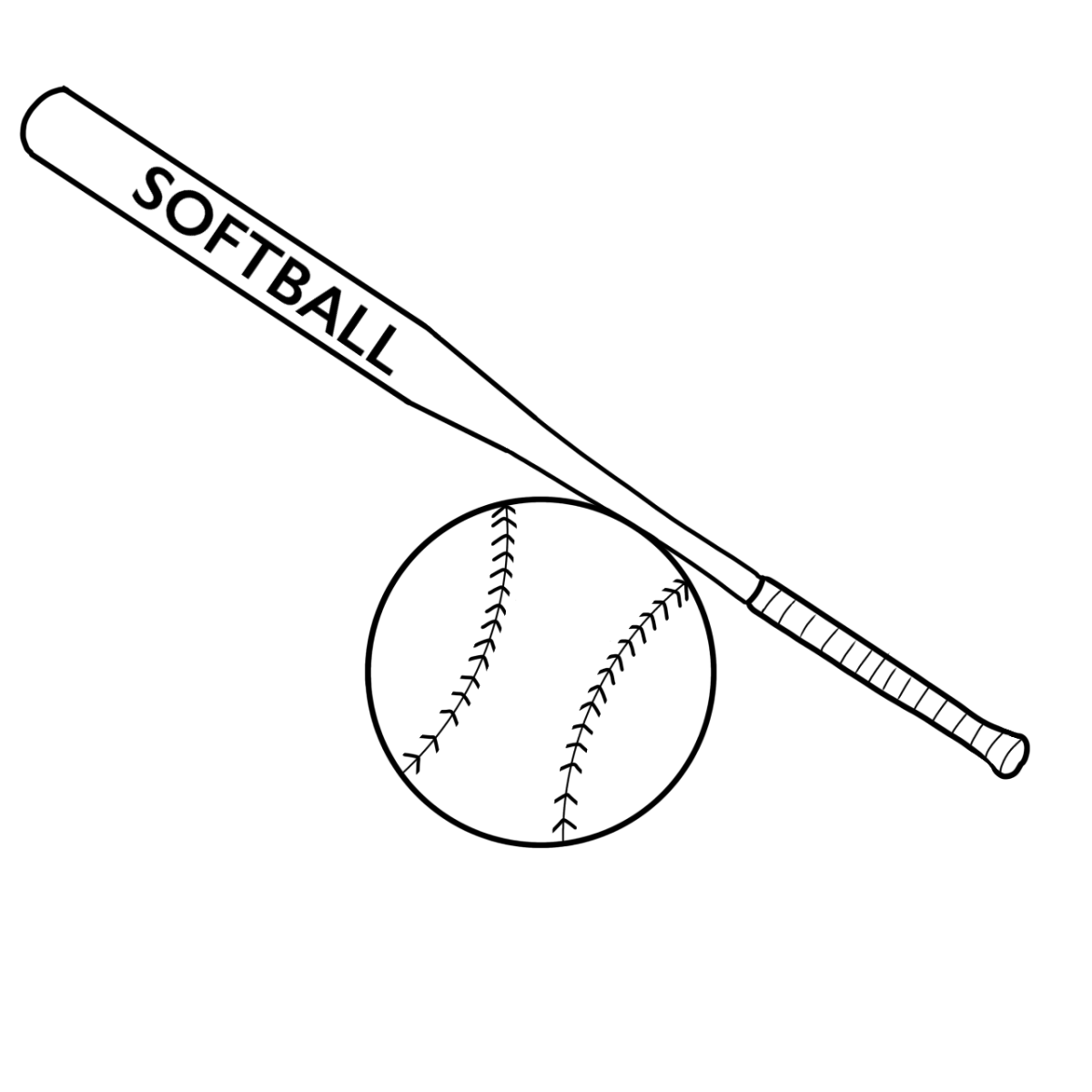
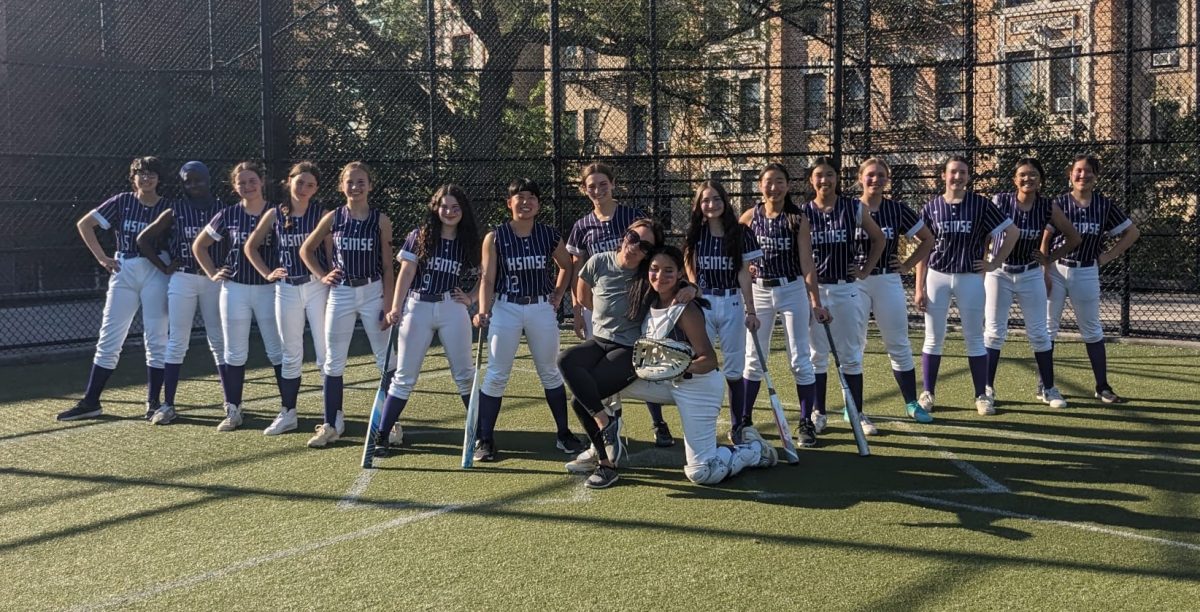
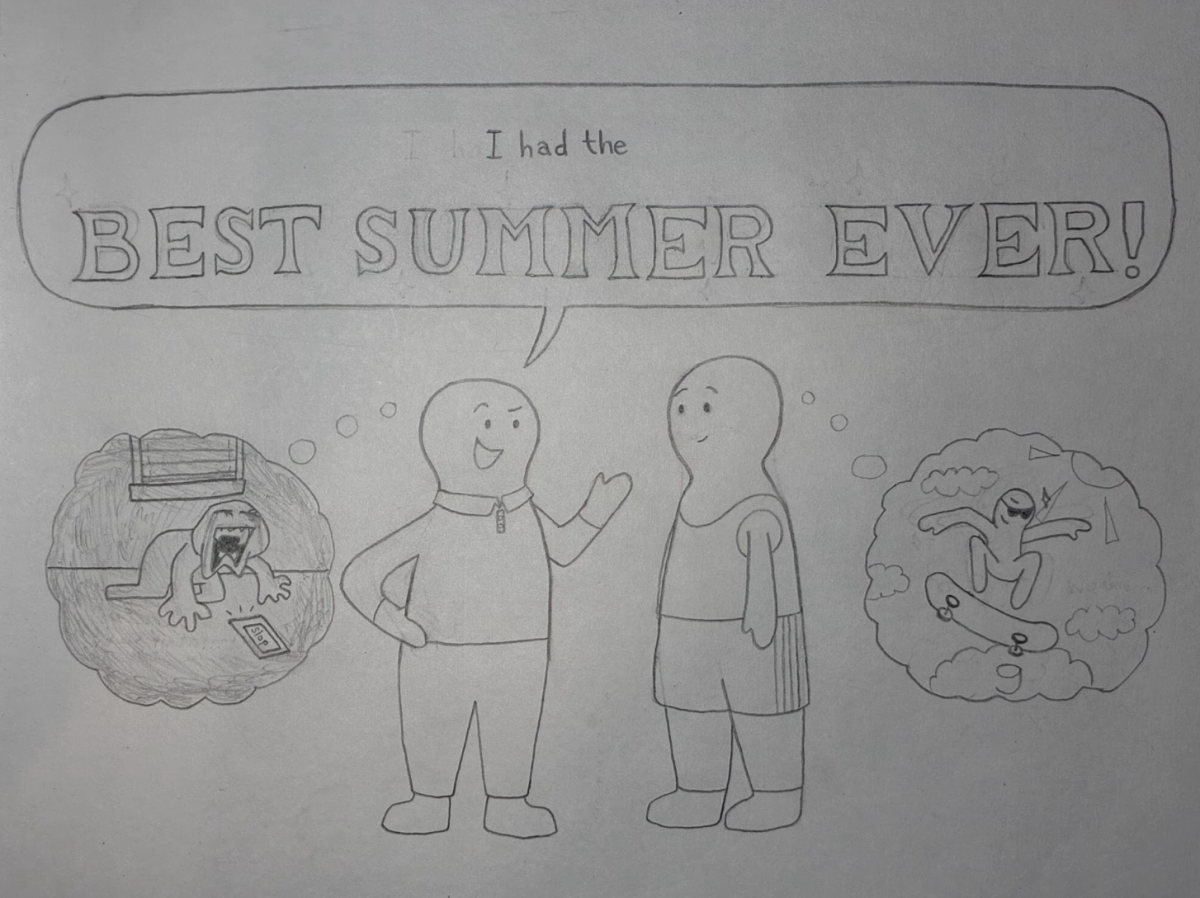

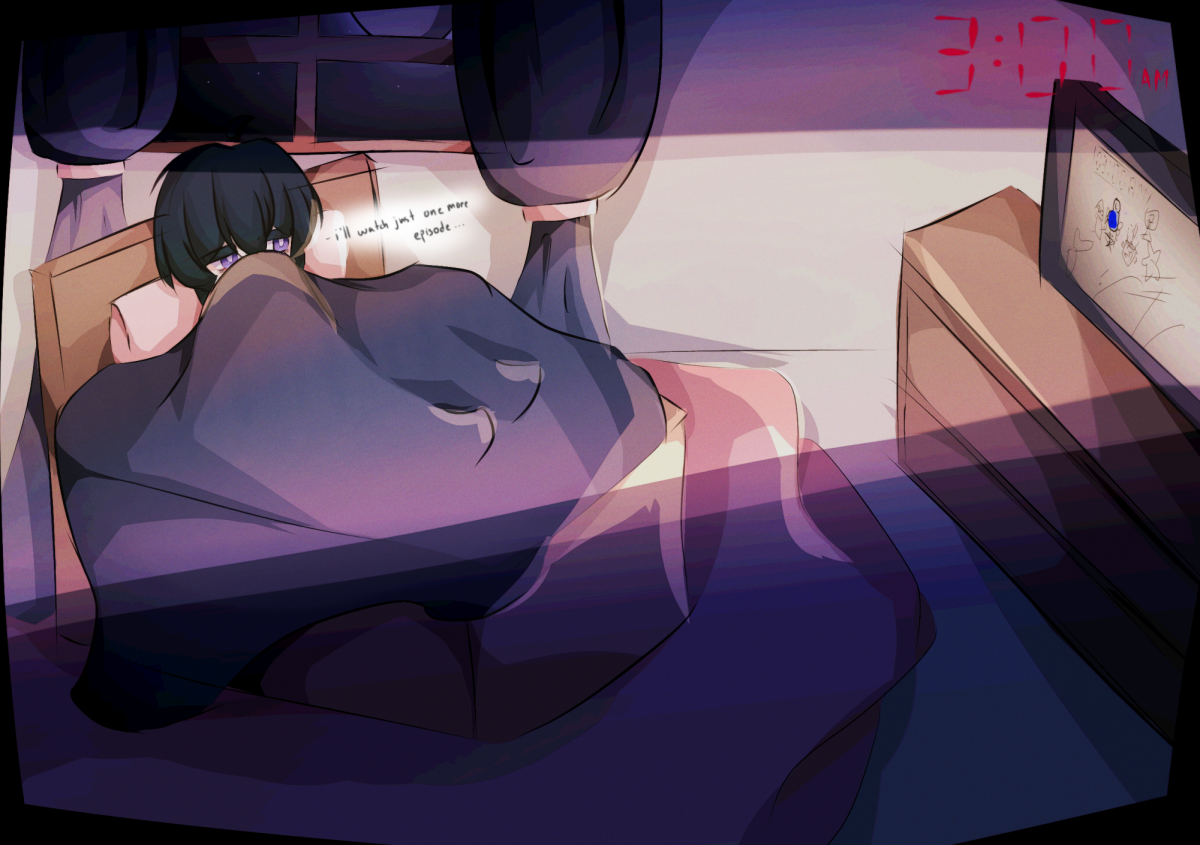


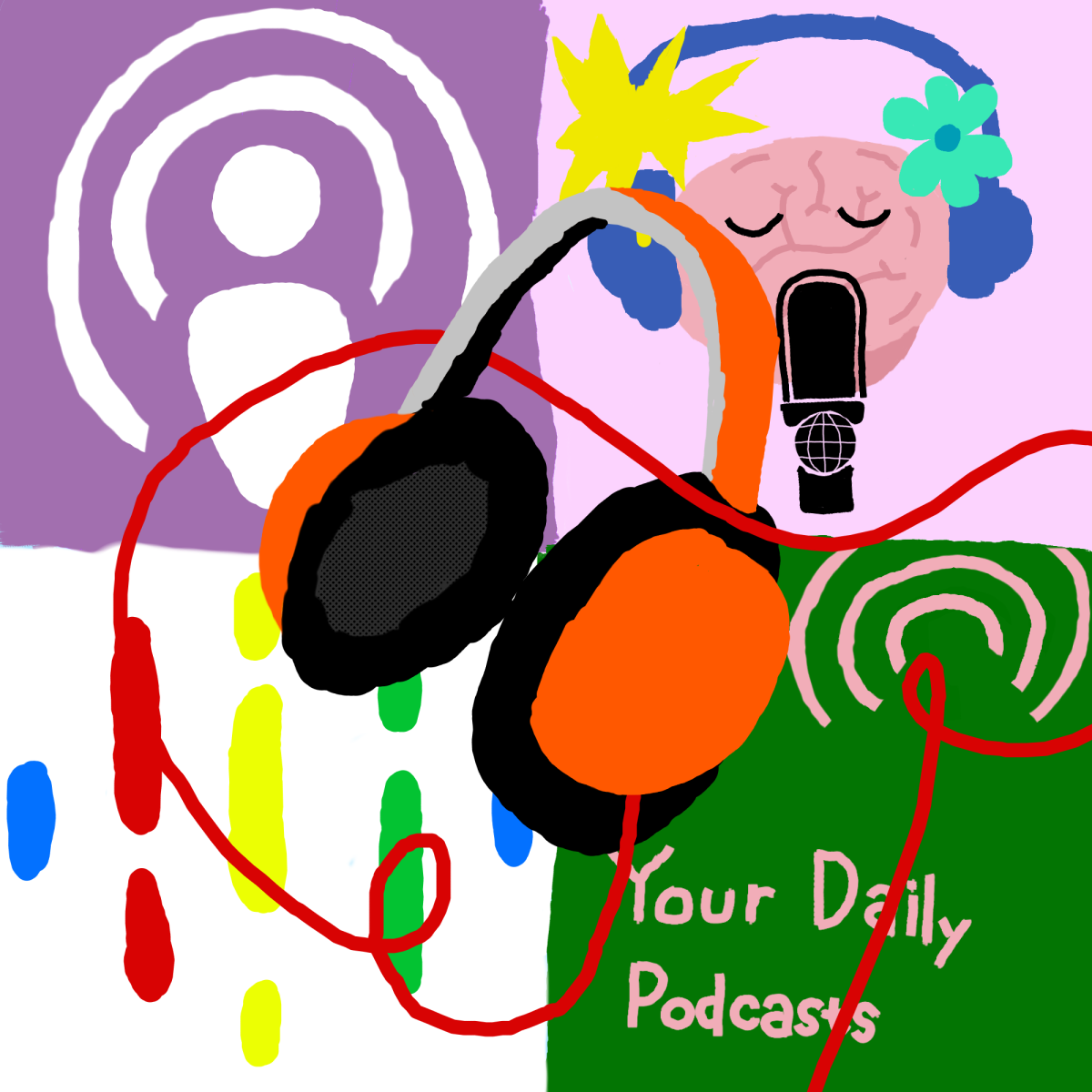
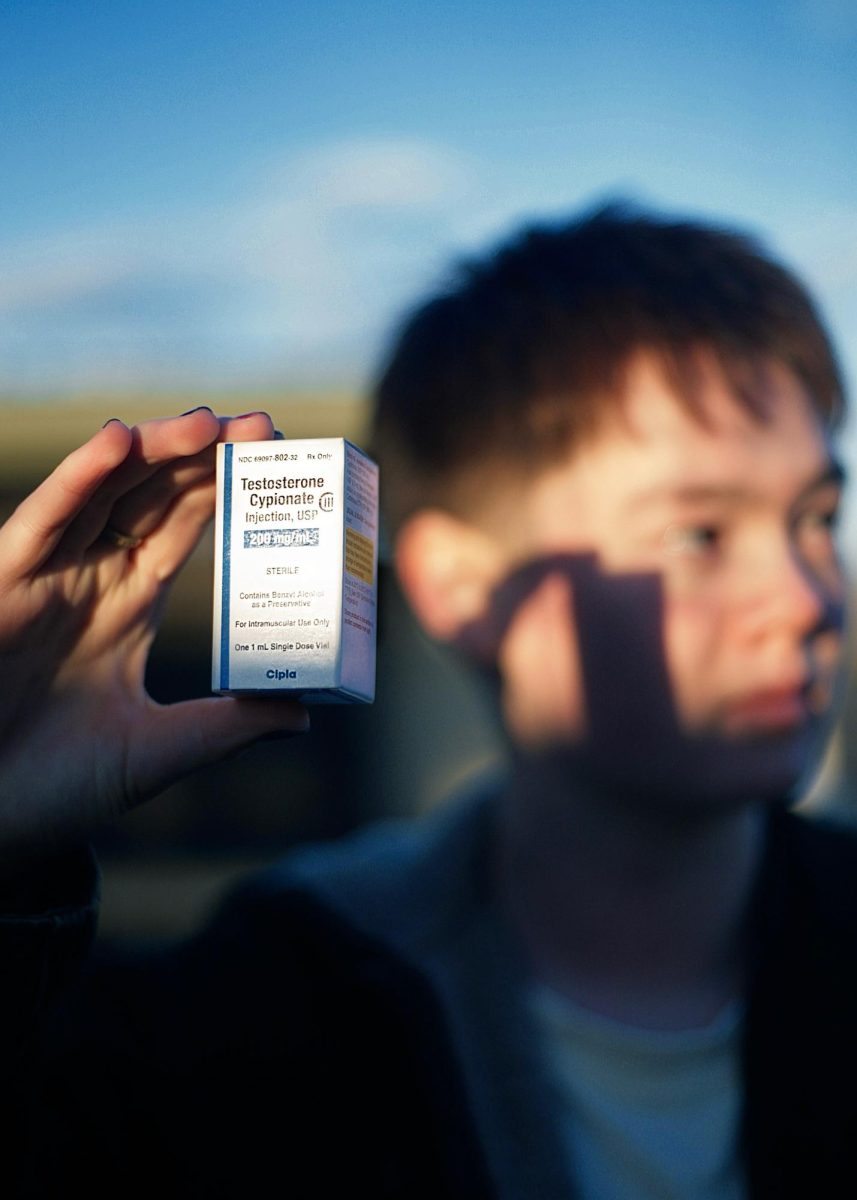
![[ERROR]: Lack of Women in the Software Industry](https://theechohsmse.com/wp-content/uploads/2024/12/APC_0280-984x1200.jpeg)
